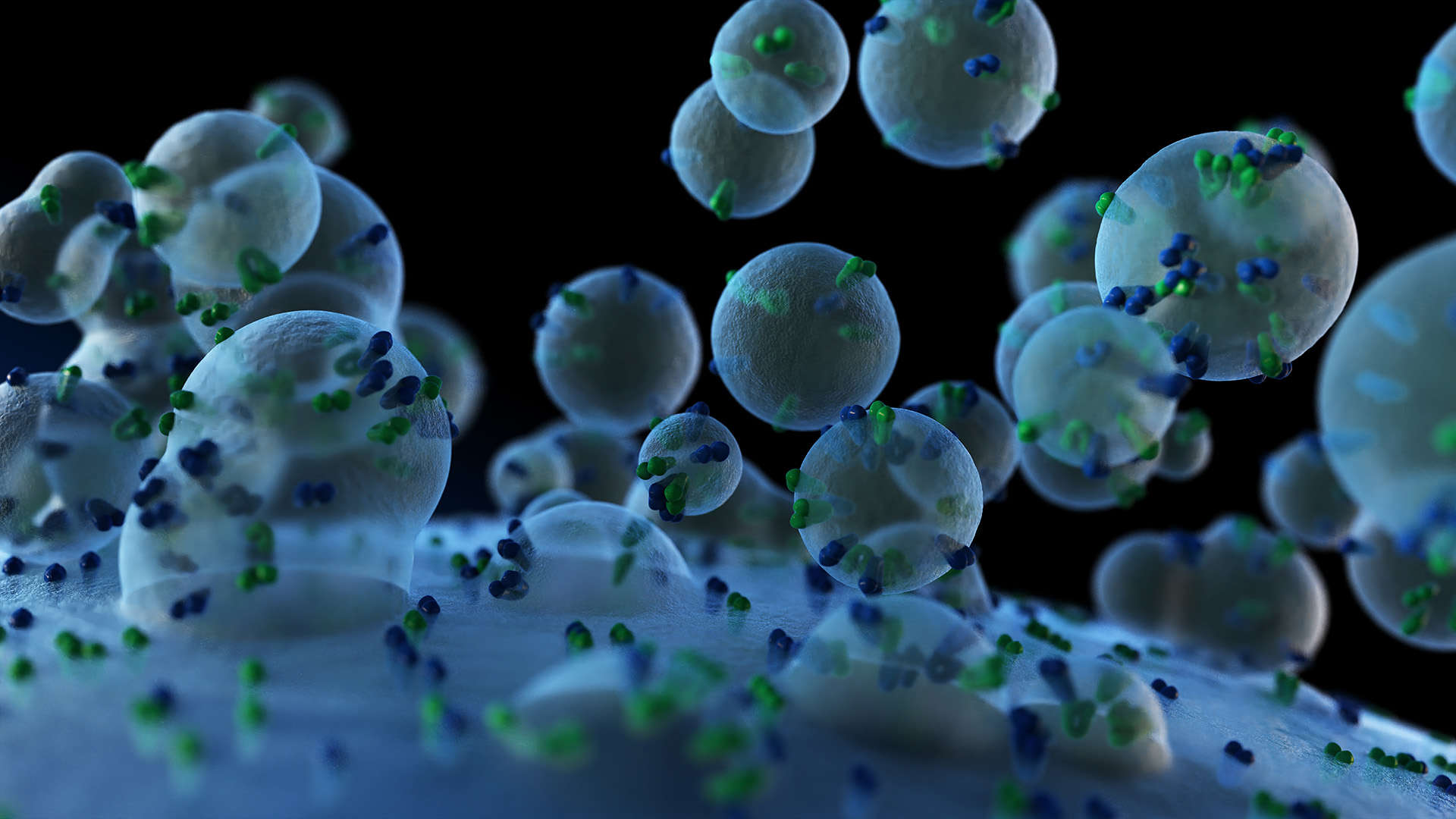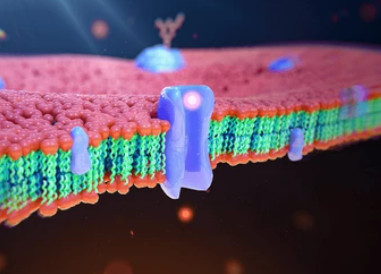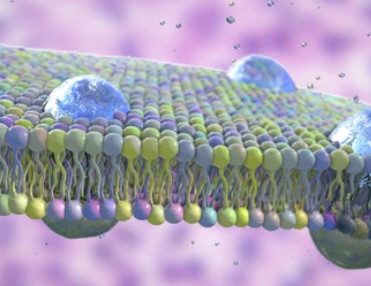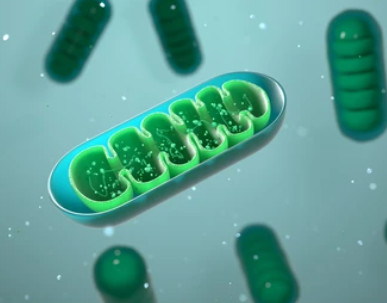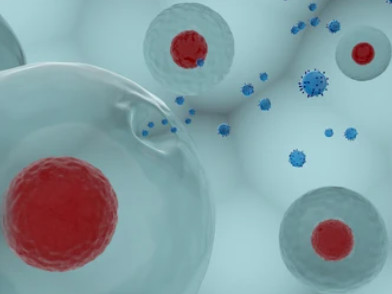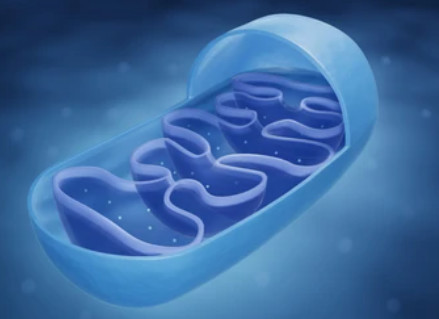Exosome Proteomics Services
Online InquiryExosomes can perform specific functions by transferring specific substances such as nucleic acids, proteins, and lipids between cells. For example, it plays an important role in the presentation of antigens in antigen-presenting cells, the development of tumor cells, and the signal transduction of nerve cells. The analysis and detection of exosomes can assist in the early diagnosis, efficacy evaluation and prognosis analysis of the disease.
Creative Proteomics provides a one-stop service for exosome proteomics, which aims to conduct a comprehensive analysis of exosome from a holistic perspective. Our one-stop service can include: 1) Exosome isolation service. We can provide classic ultracentrifugation technology or qEV size exclusion technology with better lipoprotein removal effect; 2) Exosomes identification service. We can provide NTA analysis and / or more accurate TRPS analysis; 3) Qualitative and quantitative analysis of exosomes. We can provide labeled and labeled-free protein quantification methods and complete verification services; 4) Data analysis and bioinformatics analysis.
We Provide the Following Services, including but not Limited to:
Isolation and identification of exosomes
- Isolation and purification of exosomes:
- Identification of exosomes: quantify exosomes concentration and particle size, observe their size and shape directly with electron microscope, and identify surface protein markers.
We have a variety of exosome separation strategies: a. Combine differential overspeed centrifugation with iodoxanol or sucrose density gradient centrifugation or gel filtration; b. Separation of plasma exosomes by SEC method; c. For the research of exosomal surface marker proteins, use antibodies linked with magnetic beads or other stationary phases with covalent bonds or high affinity. The stationary phase and mobile phase are separated by low-speed centrifugation or magnetic field physical methods, and exosomes are separated by immunoaffinity.
Analysis of exosomal protein expression patterns
Different protein compositions of exosomes from different sample sources were obtained by gel electrophoresis or mass spectrometry. To analyze its potential as a biomarker and to find specific differences in protein composition or expression for clinical application.
Analysis of exosomal protein function models
The biological function of exosome protein in cell supernatant is studied after qualitative analysis.
Analysis of exosomal protein post-translational modifications
We provide post-translational modification (PTMs) analysis of vesicle proteins, including glycosylation, phosphorylation, ubiquitination, quasi-ubiquitination, methylation, oxidation, nitrite, palmitoylation, cardamethylation, farnesylation, etc.
Advantages of the Exosome Proteomics Services:
- Preparation of high-purity exosomes: the purity of serum exosomes enriched by size exclusion is higher than that by overspeed centrifugation. In the study of exosomes based on plasma/serum, the size exclusion method can effectively remove high density lipoproteins and most low-density lipoproteins, thus effectively improving the purity of exosomes.
- High performance mass spectrometry system: equipped with Q Exactive Hybrid Quadrupole-Orbitrap and Agilent 6540 Q-TOF high performance mass spectrometer with multiple mass spectrometry techniques such as SRM, PRM and SWATH full scan collection, which effectively improving the identification and quantification of low abundance subcellular related proteins.
- Comprehensive bioinformatics analysis: provide basic and advanced customized bioinformatics analysis.
Exosome Proteomics Technology Roadmap

Data Analysis of Exosome Proteomics
| 1. Data output statistics and quality control | 2. Protein identification analysis (Density map, Scatter plot, Venn diagram) | 3. Quantitative protein analysis (Density map, Scatter plot, Venn diagram) |
| 4. Protein GO analysis | 5. Protein pathway analysis | 6. Protein COG analysis |
| 7. GO enrichment analysis of differential proteins | 8. Pathway enrichment analysis of differential proteins | 9. COG analysis of differential proteins |
References
- Simpson R J, Lim J W E, et al. Exosomes: proteomic insights and diagnostic potential. Expert review of proteomics, 2009, 6(3): 267-283.
- Koller A, Patel P, et al. Proteomics analysis of circulating serum exosomes//Serum/Plasma Proteomics. Humana Press, New York, NY, 2017: 213-225.
Related Services
* For Research Use Only. Not for use in diagnostic procedures.


